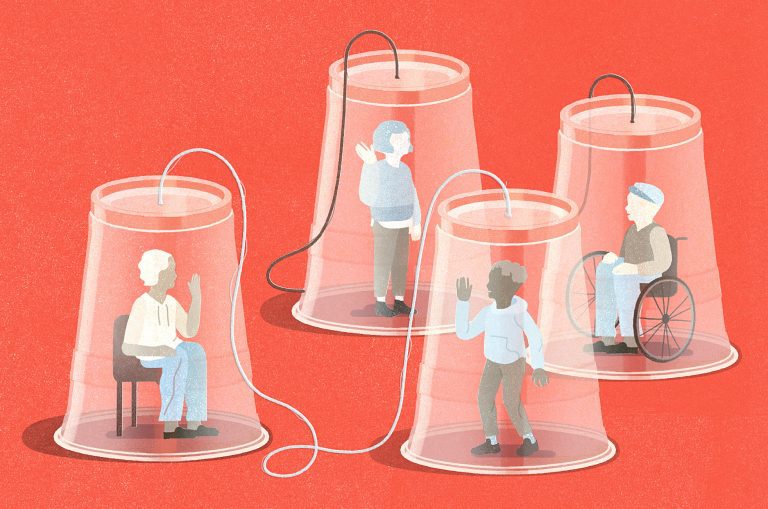The Housing, Communities and Local Government Committee released their report on the draft Building Safety Bill this week outlining their concerns that the draft does not do enough to protect leaseholders. The report states that, in its current form, the draft legislation does not provide adequate protection against leaseholders paying the bill for work to remedy fire safety defects, this includes the removal of dangerous cladding. Among the 40 recommendations contained within the report was a review of ‘Building Safety Charges’, a new type of service charge that will be introduced to help fund future fire safety remedial work. However, the report states that these new charges will make long leaseholders of higher-risk buildings liable to pay, making the charges a mechanism for ensuring residents foot the bill, rather than funding the cost of future work. What is the Building Safety Bill? The Building Safety Bill is a new piece of UK Government legislation aimed at reforming the regulations surrounding the safety of high-rise buildings in the UK. A major part of the UK Government’s response to the Grenfell Tower tragedy, it is currently being scrutinised while in draft form, but is expected to be brought to Parliament early next year. In September, Propertymark responded to the pre-legislative scrutiny of the Draft Building Safety Bill with a number of concerns, including the way in which the Building Safety Charge is structured, which will make it much easier for building owners to pass the costs of remedial work to leaseholders. ‘Propertymark response to draft Building Safety Bill‘ Lack of detail forces urgent question The Housing, Communities and Local Government Committee also highlighted in their report a lack of detail and an over-emphasis on legislation and regulation that has not yet been published, making it ambiguous as to how the new regulations would work in practice. In light of the concerns the Committee provided in their report, Clive Betts MP, Chair of the Committee, tabled an urgent question to Government on Tuesday 24 November on whether leaseholders are expected to pay for the removal of dangerous cladding, with the Housing Minister Christopher Pincher MP taking the despatch box to represent the Government. During the session, MPs repeatedly outlined concerns their constituents had about letters requiring them to pay for the removal of cladding and extreme service charges while the UK Government delayed their response. The Minister stressed that the UK Government writing a blank cheque to developers sends the wrong signal and costs for removing unsafe cladding should fall on those responsible, which includes developers, building owners and other stakeholders. However, he could not guarantee costs will never fall to leaseholders in some circumstances. The Minister was keen to highlight the recent ‘win’ of ensuring that External Wall Fire Review forms (EWS1) are no longer required for buildings without cladding, however, one MP highlighted that this had not been formally agreed, with UK finance and the Building Societies Association not yet backing the announcement. It is pleasing that the Committee has agreed with Propertymark that there needs to be greater protections for leaseholders, including reducing administration and costs, as well as more clarity for those involved in managing property. In particular, greater guidance and support will be needed for Building Safety Managers and Accountable Persons to deliver the new regime as well as the need for the Building Safety Charge to be incorporated into existing Service Charge arrangements. We will continue to press for a holistic approach to ensure that the New Homes Ombudsman works alongside existing, and proposed, regulation of home buying and selling to deliver consistency for consumers moving between property on the existing market and purchasing new build property. Mark Hayward NAEA Propertymark Chief Executive









